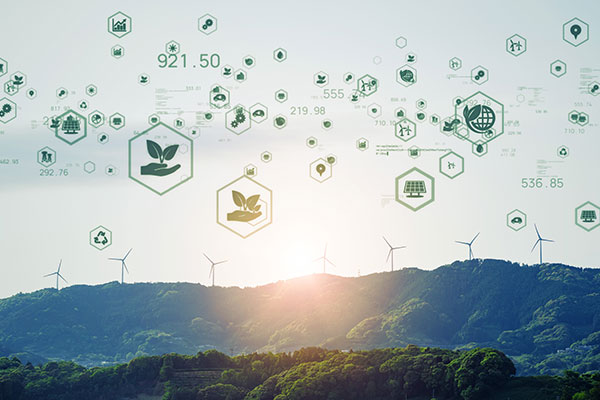Study Uncovers Massive Pollution From Ship Scrubber Discharge
Chalmers University study show ship companies saved billions using cheaper fuel via scrubbers while contributing to Baltic Sea pollution.
A new study from Chalmers University of Technology in Sweden shows significant environmental and economic impacts from the use of scrubbers in ships. Scrubbers are designed to reduce emissions by washing exhaust gases and discharging the water into the sea. Between 2014 and 2022, scrubber discharges contributed to pollution in the Baltic Sea, incurring costs exceeding $730 million.
The study highlights the financial dynamics behind scrubber usage, noting that most shipping companies have already recouped their investment in this technology. To save money, these vessels continue to operate with cheaper oil instead of cleaner alternatives, generating a surplus of $5 billion by the end of 2022 for the 3,800 vessels equipped with scrubbers. Remarkably, over 95% of the most common type—open-loop scrubbers—are paid off within five years.
“If the scrubbers had not existed, no ships today would have been allowed to run on this dirty residual fuel,” said Anna Lunde Hermansson, one of the researchers in the study. “That is why the scrubber issue is highly relevant to push the shipping industry towards less negative environmental impact.”
The environmental cost of this practice is substantial. Each year, more than 200 million cubic meters of environmentally hazardous scrubber water is dumped into the Baltic Sea. This includes up to 9% of the total emissions of carcinogenic polycyclic aromatic hydrocarbons (PAHs) to the region, demonstrating a significant ecological threat.
The ongoing debate around the potential ban on scrubber water discharge is intensifying, with discussions taking place within the International Maritime Organization (IMO), the EU, and various national governments. Countries like Denmark, Germany, France, Portugal, Turkey, and China have already implemented national bans or restrictions on scrubber water discharge, with Denmark setting specific future dates to phase out both open and closed-loop scrubbers.
The researchers argue that the shipping industry's reliance on scrubbers as part of their environmental responsibility is no longer true since investments have all been paid off, leaving the industry profiting from cheaper fuel at the expense of the marine environment.
“From the industry’s point of view, it is often stressed that shipping companies have acted in good faith by investing in technology that would solve the problem of sulfur content in air emissions and that they should not be penalized,” Hermansson added. “Our calculations show that most investments have already been recouped and that this is no longer a valid argument.”
Article Topics
Chalmers University of Technology News & Resources
Study Uncovers Massive Pollution From Ship Scrubber DischargeLatest in Transportation
Can High School Students Solve One of Trucking’s Biggest Problems? DP World Expands Freight Network with New Texas Offices UPS Cuts Email Response Time in Half with AI Automation Five Innovations Shaping the Future of Last-Mile Delivery Barge Hits Texas Bridge in Incident Reminiscent of Baltimore Collapse Freight Shipments Continue Downward Trend in April Record High in Container Production Expected for 2024 More Transportation











